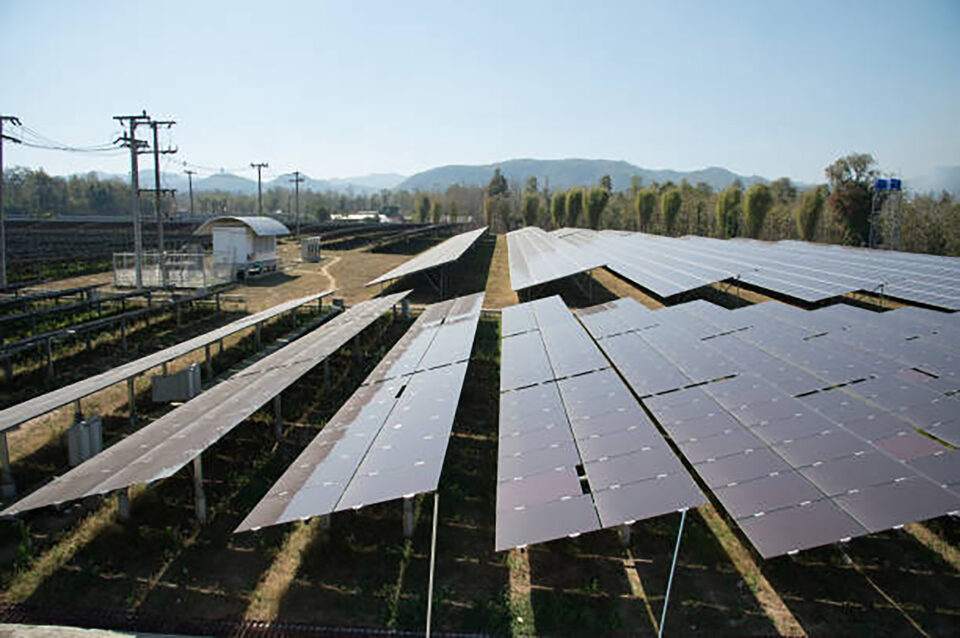ENGIE North America announced today that it has completed a microgrid at the Feather River Health Center in Paradise, California, with Adventist Health. In fact, this is one of the growing number of health care microgrids in the state.
Read more of our news content, here: Fortress Transportation and Infrastructure and Jefferson Energy Companies announce successful completion of Southern Star Pipeline
ENGIE on completing its microgrid solution for the Feather River Health Center in CA
Today, ENGIE North America and Adventist Health announced that they have completed a microgrid at the Feather River Health Center in Paradise, California, with Adventist Health. Indeed, this project is part of a growing number of health care microgrids in the state.
Accordingly, the microgrid includes 1 MWh of energy storage and 425 kW of installed solar power capacity. Moreover, the microgrid will allow for continuous medical service at the hospital during blackouts and public safety power shutoffs. For instance, the latter are outages induced by a utility to avert possible wildfires.
In this sense, the Adventist Health Feather River Health Center received several damages by the 2018 Camp Fire, the most destructive wildfire in California’s history. Indeed, the hospital is located about 100 miles north of Sacramento, California.
According to the health center, ENGIE North America helped them build resilience in the country’s at-risk area. Therefore, the Company delivered with on-site solar energy production and a permanently installed generator at the hospital.
Thus, in the event of a grid power failure, the Feather River health care facility can now transfer its energy use to stored electricity in less than one second. Furthermore, it is an essential service in times of crisis.
Finally, the hospital can now access reliable, clean energy during both temporary and extended blackout periods. In brief, microgrid development recently surged in California due to state incentives and new regulatory drivers.
Reception and potentialities in California
“After our Feather River hospital was severely damaged, we wanted to provide better reliability to the community. Thus, with new solutions that would allow us to be fully operational during any future power outages,” said Tim Williams, Administrative Director, Physician & Outpatient Services, Adventist Health.
Moreover, “building long-term resiliency is key in this region impacted by risk of natural disasters and subsequent PSPS events. As energy reliability and resiliency planning become paramount across the US, we are gratified by this project’s outcome. Nevertheless, and more importantly, proud of the immediate impact it will provide the ridge community.”
“The transition from traditional backup power solutions to cleaner, healthier, and more intelligent energy systems has recently become much easier. Besides, more attainable for facilities of all sizes; especially critical in the healthcare field,” said Courtney Jenkins, Vice President and General Manager at ENGIE.
So, “ENGIE is proud to provide a reliable framework for how to meet the energy resiliency needs of hospitals and medical facilities. For instance, by definition, they need to be the most resilient and safe assets in their communities. Thus, helping to demonstrate the power of solar microgrids at the Feather River Health Center is a meaningful opportunity. In fact, to actively support Adventist Health’s impact on the ridge community.”


